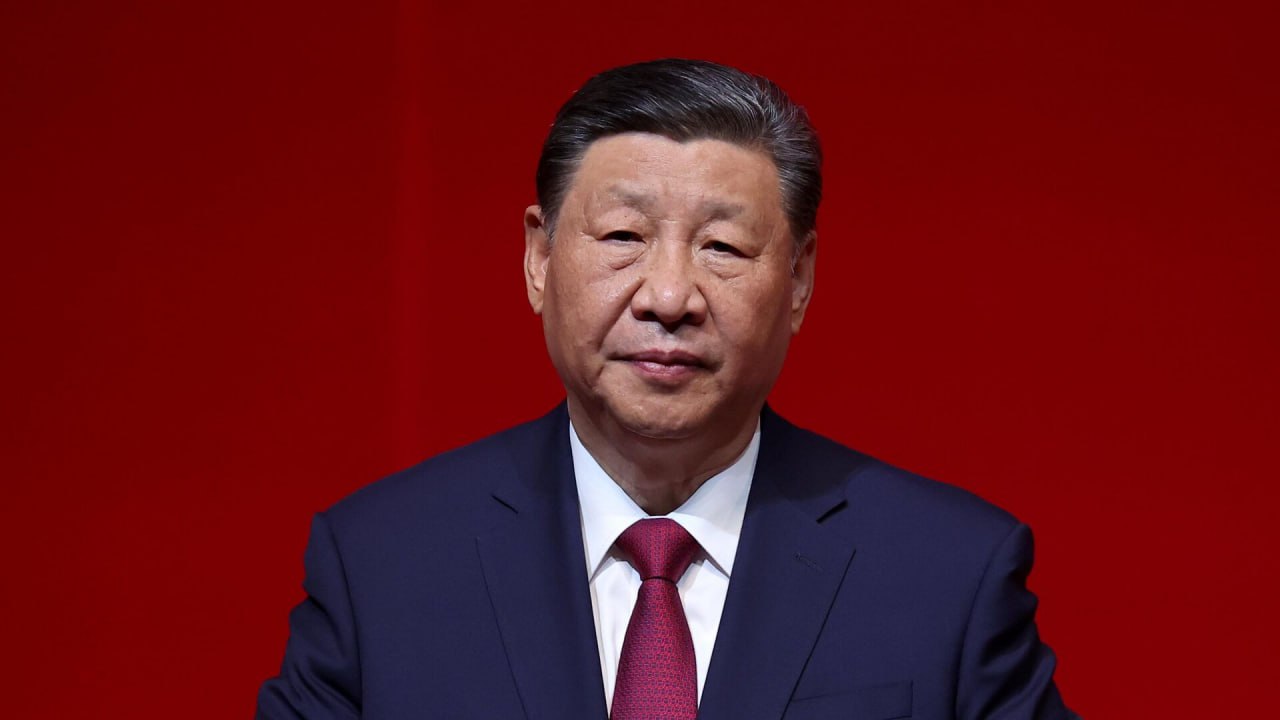Welcome To Glint News.........

Trade, Not Tension: Xi Jinping Urges U.S.-China Relations to Refocus on Shared Prosperity
Seoul, South Korea — October 30, 2025
Chinese President Xi Jinping has reaffirmed his commitment to strengthening cooperation between China and the United States, emphasizing that trade should remain the driving force of bilateral relations — not a stumbling block.
Xi made the remarks following a crucial meeting with U.S. President Donald Trump in Seoul, South Korea, where the two leaders held extensive discussions aimed at defusing rising tensions between the world’s two largest economies. The meeting, requested by President Trump, came amid an escalating trade standoff after Washington imposed new tariffs on a range of Chinese goods, prompting Beijing to ban the export of rare earth minerals to the U.S. and suspend purchases of American soya beans — two commodities critical to both economies.
Against this backdrop of economic brinkmanship, the Seoul talks marked the first direct engagement between the two presidents since the trade measures were announced. Both leaders sought to chart a path away from confrontation and restore the spirit of cooperation that once defined U.S.-China relations.
In his opening remarks, Xi Jinping called for “mutual respect, dialogue, and partnership” as the foundation for future ties, stressing that the relationship between China and the United States should be defined by cooperation, not competition.
“China and the United States should maintain engagement at all levels and through all channels to enhance mutual understanding,” Xi said. “We can work together to achieve greater goals for the benefit of the entire world.”
The Chinese leader’s message carried both urgency and optimism, reflecting Beijing’s growing desire to stabilize global markets and reassert its commitment to international trade rules. Xi emphasized that despite the disagreements, the interdependence between the two economies remains too deep to ignore, and that economic decoupling would harm both nations and the global community.
Diplomatic observers described the meeting as a critical turning point, with Xi deliberately adopting a conciliatory tone. His remarks were interpreted as a signal that Beijing seeks a recalibration of relations based on mutual benefit rather than continued escalation.
“Trade and cooperation have always been the engines of progress in the U.S.-China relationship,” said Dr. Liu Qiang, a Beijing-based international relations expert. “Xi’s comments suggest a readiness to return to that foundation — focusing on stability and shared growth rather than geopolitical rivalry.”
President Trump, while defending his administration’s tariff policies as “protective measures” to correct what he called years of unfair trade imbalance, also expressed readiness to work toward a more balanced economic partnership. Trump said he respected China’s position and welcomed further negotiations aimed at “mutually beneficial solutions.”
According to sources familiar with the meeting, both leaders agreed to establish a new bilateral economic coordination group tasked with reopening dialogue on tariffs, intellectual property, and agricultural trade. They also discussed ways to strengthen communication between their finance and foreign ministries to prevent future trade and diplomatic misunderstandings.
Xi went further to highlight that China and the United States have a shared responsibility to ensure global stability, particularly in areas such as climate change, technological innovation, and food security. He reiterated that the two nations’ cooperation could serve as a pillar for peace and development across the world.
“China and the United States can work together to achieve greater goals for the benefit of the entire world,” Xi said. “When our two nations cooperate, the world prospers. When we drift apart, global stability suffers.”
The Chinese leader also noted that China will host the APEC (Asia-Pacific Economic Cooperation) Summit in 2026, while the United States will host the G20 Summit in the same year. He urged both sides to support each other in ensuring that these events “produce positive outcomes that advance global prosperity and unity.”
Xi stressed that U.S.-China cooperation must extend beyond trade disputes to include regional peace efforts, sustainable development, and scientific collaboration. He called for both countries to engage responsibly in the Indo-Pacific and other global regions, ensuring that their competition does not destabilize international order.
“Engagement, not estrangement, should define this era,” Xi declared. “History has shown that cooperation between China and the United States benefits not only our peoples but the entire world.”
The meeting ended on a cautiously optimistic note, with both leaders instructing their top economic and diplomatic advisers to continue dialogue over the coming months. Analysts say the Seoul talks could lay the groundwork for a new phase of economic diplomacy and pragmatic partnership between the two powers.
Dr. Sarah Connelly, a Senior Fellow at the Atlantic Council, observed that “this meeting was less about symbolism and more about substance.” She added: “If both sides follow through on their commitments, the world may see a stabilization of global trade flows and a return to constructive engagement after years of tension.”
As the world watches closely, the Seoul meeting between Xi and Trump could become a defining moment in modern geopolitics — a chance for the two economic giants to shift from confrontation to collaboration and reaffirm their shared responsibility in leading the global economy toward sustainable prosperity.